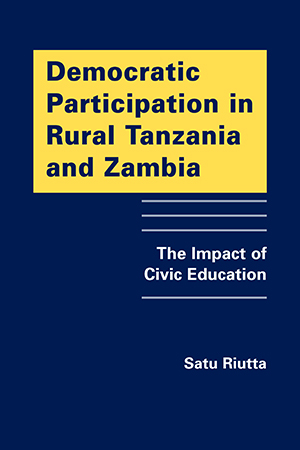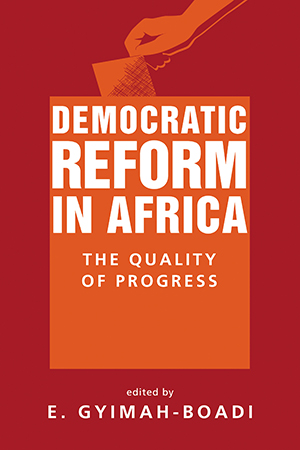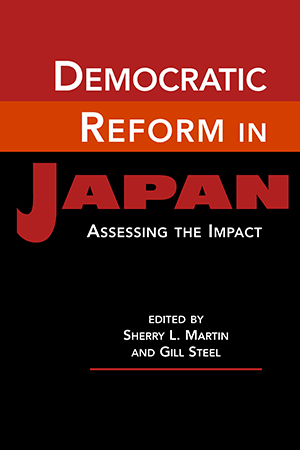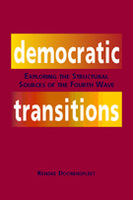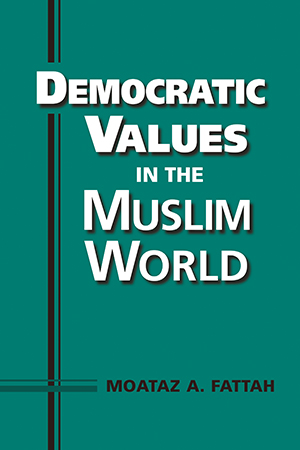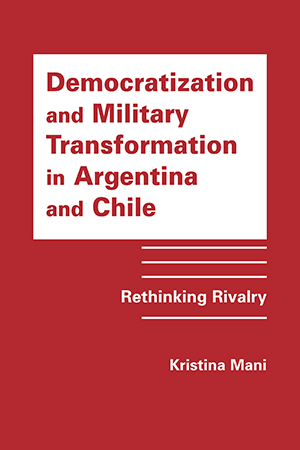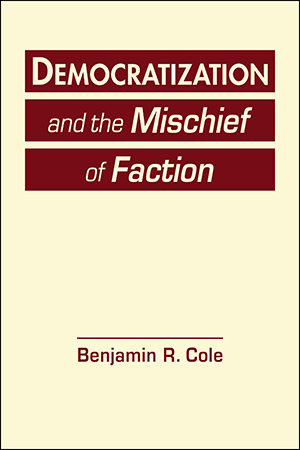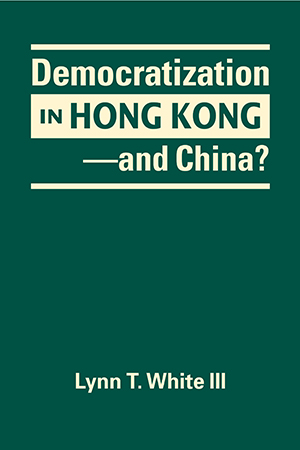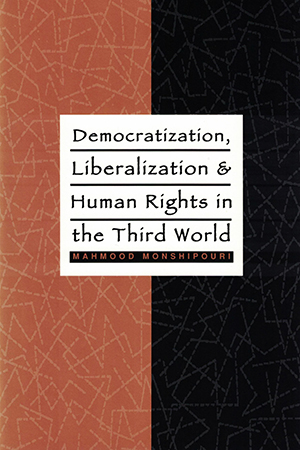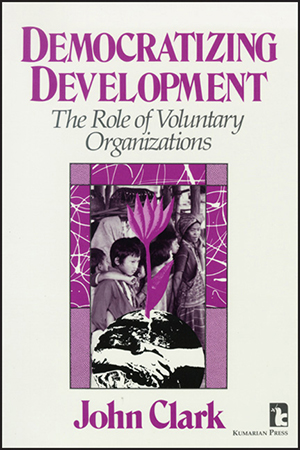BOOKS
Satu Riutta asks whether civic education initiatives—to which huge sums of donor funds and effort are devoted annually—actually promote political participation among the rural More >
After years of reform efforts in Africa, much of the optimism over the continent's prospects has been replaced by widespread "Afropessimism." But to what extent is either view More >
Widespread dissatisfaction in Japan in the 1990s set the stage for numerous political reforms aimed at enhancing representation and accountability. But have these reforms in fact improved More >
With the widespread movement toward democratization that characterized the first post-Cold War decade, why did some nondemocratic regimes undergo a transition toward a democratic political More >
Is Islam compatible with democracy? Despite the seemingly endless debate on this issue, Moataz Fattah's study is a rare investigation of actual Muslim beliefs about democracy across More >
Is there a relationship between the consolidation of democracy and the ending of rivalries with neighboring states? Can internationalist foreign policies be useful in More >
Why do new democracies succeed in some cases and struggle, backslide, or revert entirely to autocracy in others? What are the specific policies and practices at play? To answer these More >
Hong Kong and its relationship with China make for a uniquely intriguing study in democratization. What has hindered or caused greater popular sovereignty in Hong Kong? Over what time period More >
Abrupt democratization in Third World countries does not always result in enhanced human rights. Mahmood Monshipouri argues that human rights in fledgling democracies are most likely to be More >
John Clark explores increasingly important role that both Northern and Southern NGOs play in efforts to assist the poor in achieving development, democracy, and justice. More >


